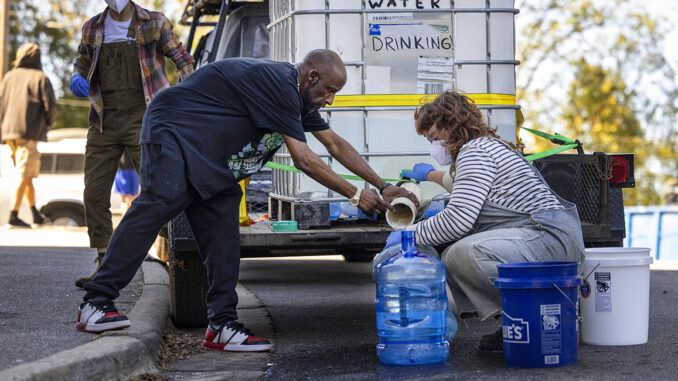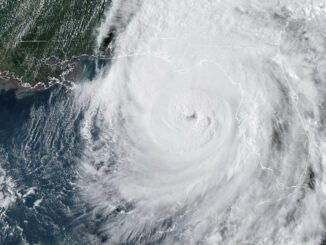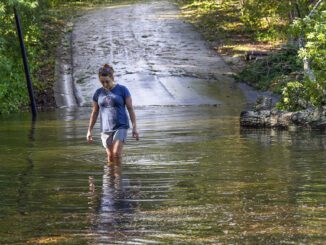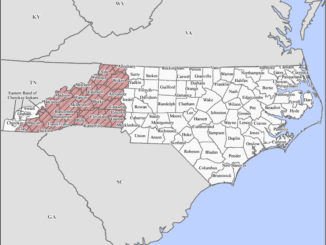
As a mother of two, Robin Funsten knows it’s impossible to bathe her 2-year-old without getting water in the toddler’s mouth. But she’s never had to worry about that until recently.
A month after deadly Hurricane Helene devastated the U.S. Southeast, Funsten and more than 100,000 residents on city water in western North Carolina remain on an indefinite boil water notice as workers clear sediment from reservoirs and run water quality tests. Residents have described water that reeks of chlorine and is brown or yellow.
As much of the U.S.’s water infrastructure ages and climate change fuels disasters, experts say water advisories will become more common.
“We are in the midst of an uncertain time, not just in Asheville, but as we think about climate change writ large in some of these major unexpected storms,” said David Dyjack, executive director of the National Environmental Health Association.
Boil water notices are given when microbes in tap water could be dangerous if ingested. They’re different than do-not-drink water advisories — issued when chemicals or toxins in tap water could cause sickness if swallowed or inhaled – and do-not-use notices for water that could be dangerous to even touch.
“Do not drink” means only bottled water should be consumed. “Do not touch” means bottled water should be used for all purposes.
As Funsten noted, water safety guidelines can be confusing, and the discolored water isn’t reassuring. “Because it still feels so unclear to me, I’d rather be safe than sick,” she said about choosing to shower at a facility using a different source than tap water.
Experts emphasize residents should follow safety guidelines from local authorities, as every situation is unique and safety measures may vary by personal risk. Amid these guidelines are personal decisions people can make for their own comfort, much like Funsten did.
Ultimately, the most important thing is to avoid drinking water straight from the tap, said Natalie Exum, an environmental health scientist at John Hopkins Bloomberg School of Public Health. “What we need to be primarily concerned about is water … that should be boiled before it goes into your body because there could be a lot of microbial contamination there.”
Here are some tips from experts and the Centers for Disease Control and Prevention for when there is a boil water advisory.
Bring water to a full rolling boil for one minute.
Boil water or use bottled water for drinking, making ice, and preparing or cooking food.
Using tap water and soap to wash your hands is usually OK.
Use boiled water if hand-washing dishes; dishwashers with a sanitize cycle are generally safe.
It can be safe to bathe or shower if you avoid swallowing water. Avoid shaving nicks.
To brush teeth, use boiled then cooled water or bottled water.
It is safe to do laundry, but sediment may discolor clothing.
If you or a family member are pregnant, elderly, an infant or immunocompromised, experts suggest extra safety measures.
They recommend giving babies and young children sponge baths to reduce the chances of swallowing water.
While a generally healthy person may be OK if they accidentally sip contaminated water, Exum said vulnerable people are more likely to get sick, dehydrate faster or feel other symptoms.



